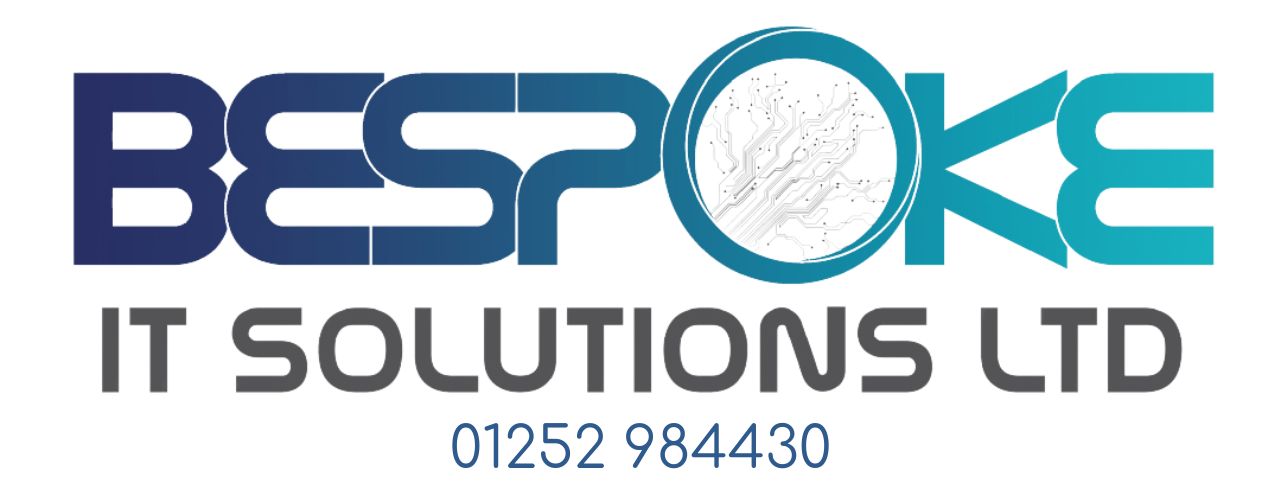Introduction:
In today’s fast-paced technological landscape, selecting the ideal hardware to drive your business operations is paramount. The ongoing discourse surrounding MacBooks versus Windows PCs remains a focal point, each boasting its distinct advantages. Bespoke IT Solutions comprehends the significance of tailoring decisions to meet your unique business requisites. This blog post aims to explore the considerations entailed in choosing between a MacBook and a Windows PC.
Design and Build Quality:
MacBooks are known for their elegant, minimalist design and top-tier build quality. Apple’s meticulous attention to both hardware and software integration is evident in every MacBook. The aluminium construction, coupled with high-resolution Retina displays and responsive keyboards, delivers a visually appealing and resilient device.
Equally, Windows PCs offer a diverse spectrum of designs and build qualities. Ranging from Ultrabook’s to gaming laptops, businesses can select a Windows PC that aligns with their specific needs and financial parameters. While certain Windows laptops may not exude the premium price point of MacBooks, numerous high-quality options abound.
Operating System and Software Ecosystem:
The choice between macOS and Windows often hinges on personal preference and the requisite software ecosystem for business operations. MacBooks operate on macOS, renowned for its intuitive interface, seamless compatibility with other Apple devices, and robust security features. The macOS ecosystem caters favourably to creative industries, accentuating multimedia and design software.
In contrast, Windows PCs run on the Windows OS, a versatile platform compatible with an extensive array of software applications. Widely embraced in the corporate sphere, Windows facilitates compatibility with numerous productivity tools, enterprise software, and an extensive gaming library.
Performance and Customisation:
Both MacBooks and Windows PCs offer formidable hardware configurations, encompassing high-performance processors, ample RAM, and rapid storage options. The decision hinges upon the specific performance requisites of your business endeavours.
Windows PCs often afford greater customisation options, empowering businesses to select from a plethora of manufacturers, components, and configurations. This flexibility proves advantageous when pursuing the optimal price-to-performance ratio or when specific hardware prerequisites are integral to operations.
While MacBooks typically offer fewer hardware customisation options, they excel in optimised performance within the Apple ecosystem. The seamless mixture of hardware and software invariably yields a streamlined user experience.
Price:
Price considerations serve as a pivotal factor in the decision-making process for businesses. MacBooks, renowned for their premium quality and design, typically command a higher price point. Windows PCs offer a broader pricing spectrum, allowing them to be more accessible to businesses with diverse budgetary constraints.
Conclusion:
The choice between a MacBook and a Windows PC hinges on the unique needs, preferences, and budget of your business. Bespoke IT Solutions comprehends the nuances inherent in these decisions and will guide your organisation toward the right solution. Whether prioritising design aesthetics, a specific software ecosystem, customisation options, or cost-effectiveness, our team remains committed in delivering the expertise and support requisite for making an informed decision. We can also support within the management of devices, regardless to their Operating System, ensuring you and your business data remains secure. Contact us today to embark on a tailored IT journey aligned with your business objectives.



